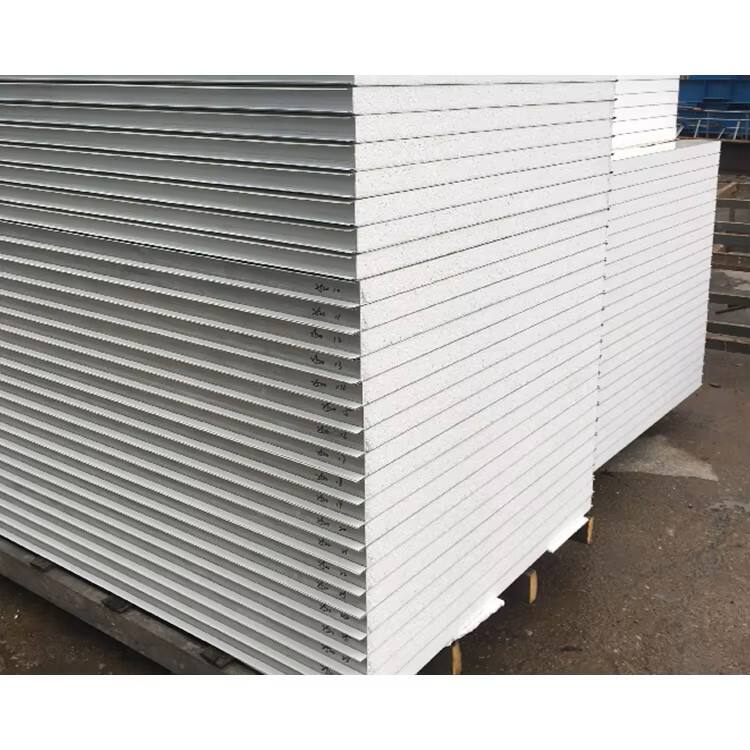Energy efficiency has become an important consideration in construction and building design. EPS sandwich panels are gaining popularity among builders trying to cut down on energy use and improve sustainability as they consist of expanded polystyrene (EPS) foam sandwiched between two layers of structural material. The focus of this article is the EPS sandwich panels and their benefits in value addition in energy efficiency across different uses.
EPS Sandwich Panels Overview
EPS sandwich panels are well known for their excellent thermal insulation. As the building’s core EPS foam possesses low thermal conductivity, it ensures that the building is kept cool in the summers and warm in the winters. Therefore, this feature not only improves occupant comfort but also reduces standby heating and cooling, and subsequently the energy costs.
Cost Effectiveness and Sustainability
EPS panels provide construction firms and builders with savings in direct and indirect costs. To begin with, there are direct construction savings in material, labor, and installation costs. Because of the lightweight nature of EPS panels, they are much easier to handle during construction. Furthermore, these materials save on maintenance and repairs, which translates to lower costs over time. From a sustainability perspective, EPS panels helps to promote greener building practices. This is as a result of the recyclable nature of EPS panels, as well as the ability to manufacture them with fewer resources compared to traditional construction materials.
Versatility in Applications
The applications of EPS panels are endless. These can be residential or commercial buildings and even industrial facilities. EPS panels are adaptable to many architectural designs which allows builders to meet specific functional and aesthetic needs. EPS panels are energy efficient which makes them suitable in construction as walls, roofs, and floors of the structure.
Regulatory Compliance and Energy Standards
Using EPS sandwich panels aids builders in meeting local and international energy standards as energy efficiency regulations become more stringent. Many regions have implemented codes that require new constructions to meet specific energy performance benchmarks. In many situations, builders not only meet these requirements but also qualify for incentives and rebates aimed at encouraging energy-efficient construction practices.
Industry Trends and Future Outlook
EPS sandwich panels and other construction materials that prioritize energy efficiency are becoming increasingly sought after. With sustainability being a top priority for consumers and businesses, the focus of the construction industry is shifting towards injanitive solutions that reduce environmental impact. Innovative EPS technologies in the pipeline promise to deliver enhanced market insulation and recyclability, as well as better insulation properties, making them more appealing in the market.
To summarize, EPS sandwich panels greatly enhance a builder's energy efficiency, generate cost-saving opportunities, and improve overall sustainability which benefits the construction project as a whole. As energy standards multiply and become more stringent, EPS sandwich panels will ensure construction projects remain compliant. As the industry adapts to new construction technologies, EPS panels will serve as the backbone for energy-efficient building practices.






